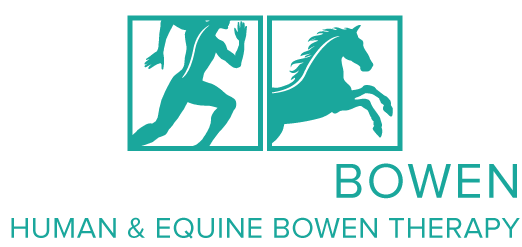Most people at some point will suffer from some kind of back pain that can range from a few aches and pains to more intense pain that affects daily living. A large proportion of back pain can be improved if not sorted by incorporating some changes to your lifestyle.
CHAIRS
Even an expensive, ergonomic chair can be bad for your back if you sit in it all day without a break. Sitting not only lessens blood flow to the discs that cushion your spine (wearing them out and stressing your back), but it puts 30% more pressure on the spine than standing or walking, says New York City chiropractor Todd Sinett, author of The Truth About Back Pain. Be sure to stretch at your desk and get up every hour to walk around. Dont assume that built-in lumbar support makes your chair back-friendly—in fact, for many people, lumbar supports dont make a bit of difference, especially if they arent positioned properly (at the base of your spine), says Heidi Prather, a physical-medicine and rehabilitation specialist and associate professor of orthopedic surgery and neurology at the Washington University School of Medicine.
No matter what type of chair you sit in, make sure your head is straight (not tilted down) when youre typing or reading. Avoid slouching and adjust your seat so it tilts back slightly to help alleviate some of the load on your back, Sinett says. And keep your feet planted firmly on the floor.
WRONG SHOES
When you strut in stilettos, your foot strikes the ground in a toe-forward motion rather than the normal heel-toe gait, stressing your knees, hips, and back, Sinett explains. "Wearing heels also alters the angle of your body so your weight isnt evenly distributed over the spine," he says. This instability can set you up for pain and injury radiating from your knees all the way to your back.
Another shoe no-no: the backless kind (even flats and flip-flops), which allow your heel to slide around. Again, the lack of stability distributes your body weight unevenly, putting more pressure on your spine. Your shoe should firmly hold your foot in place to keep you stable and protect your back, says Sinett, who also advises sticking to heels that are less than three inches high.
YOUR BELOVED SMART PHONE
Mobile technology has not been kind to our backs and necks, Prather says. "Were hovering over laptops, iPads, and smartphones all the time," she notes. "This head-down position strains the muscles in the neck, and the pain can extend all the way down your spine to your lower back." Take frequent breaks, and try to look straight ahead—rather than down—while using a laptop, tablet, or phone. You can buy a stand to help hold your laptop or tablet at a more back-friendly height and angle.
EXTRA WEIGHT
Carrying even just a few extra inches around your midsection—whether its due to belly fat or pregnancy—makes your pelvis tilt forward and out of alignment, as your body works to keep itself balanced. This can cause excessive strain on your lower back, Dr. Akuthota says. He recommends doing this easy stretch several times daily: Tighten your abs (like youre bracing for a punch in the stomach) to activate core muscles and take a load off the lumbar discs; hold 10 seconds, then release. (Pregnant? Check with your doctor before doing any exercise.)
STRESS
Just like the rest of you, your back muscles can tense up when youre frazzled. Muscles are designed to contract and relax, Sinett explains, but when youre stressed, they may contract so much that they can eventually start to spasm. Stress also boosts production of the hormone cortisol, which increases inflammation and can lead to achiness, he says. On top of that, "Chronic stress can affect the way a person perceives pain," says Alan Hilibrand, MD, spokesman for the American Academy of Orthopaedic Surgeons and professor of orthopaedic and neurological surgery at Jefferson Medical College in Philadelphia. "So those who are stressed will often have a harder time managing back pain than those who arent."

